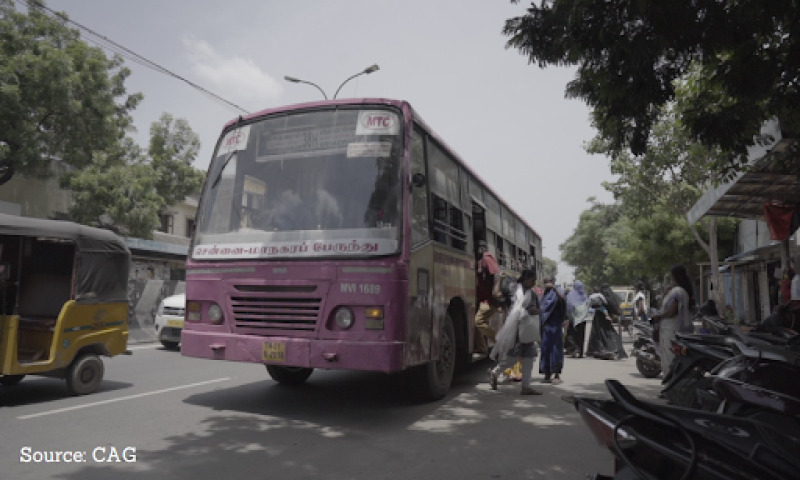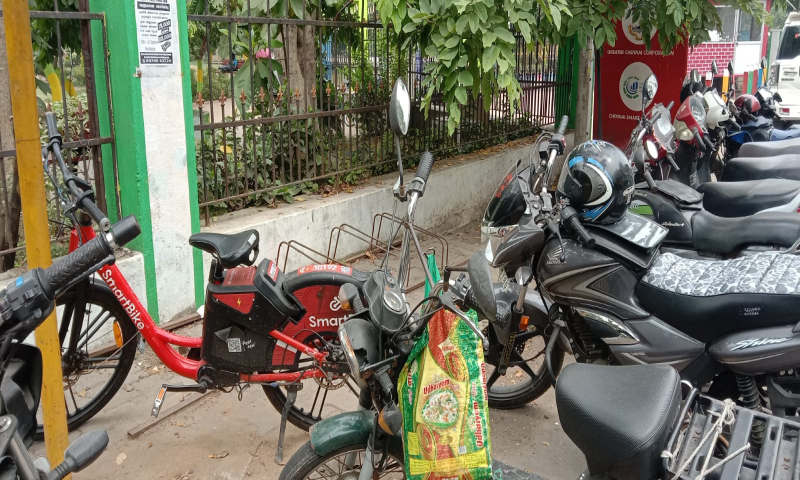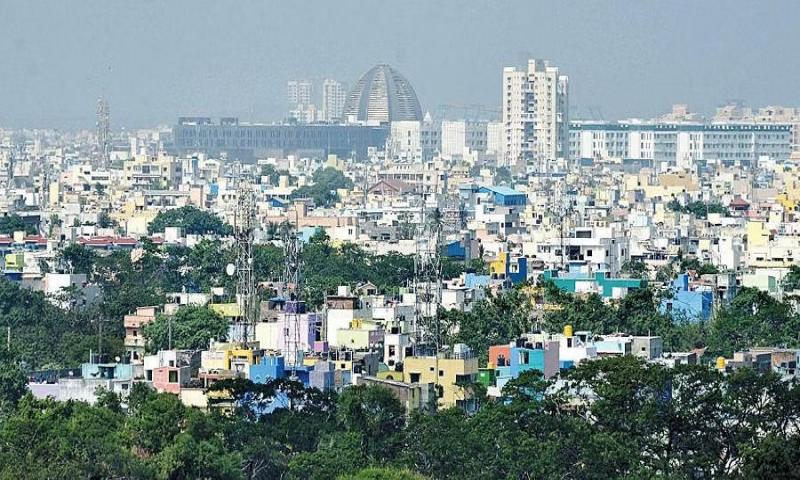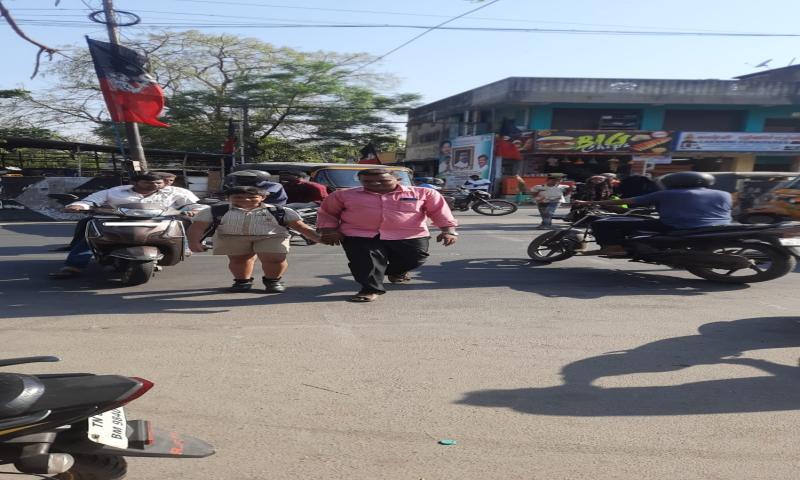Chennai World Day of Remembrance for Road Traffic Victims, 2024
The United Nations established the World Day of Remembrance for Road Traffic Victims (WDoR) in 2005, designating the third Sunday of November each year as a day to honour those killed or injured on the roads, along with their families, friends, and communities. Given the alarming rate of road crashes in India, this observance is particularly significant for Indian road users. With the right measures, many of these tragic incidents could have been prevented and this day serves as a reminder for collective responsibility in creating safer roads.




